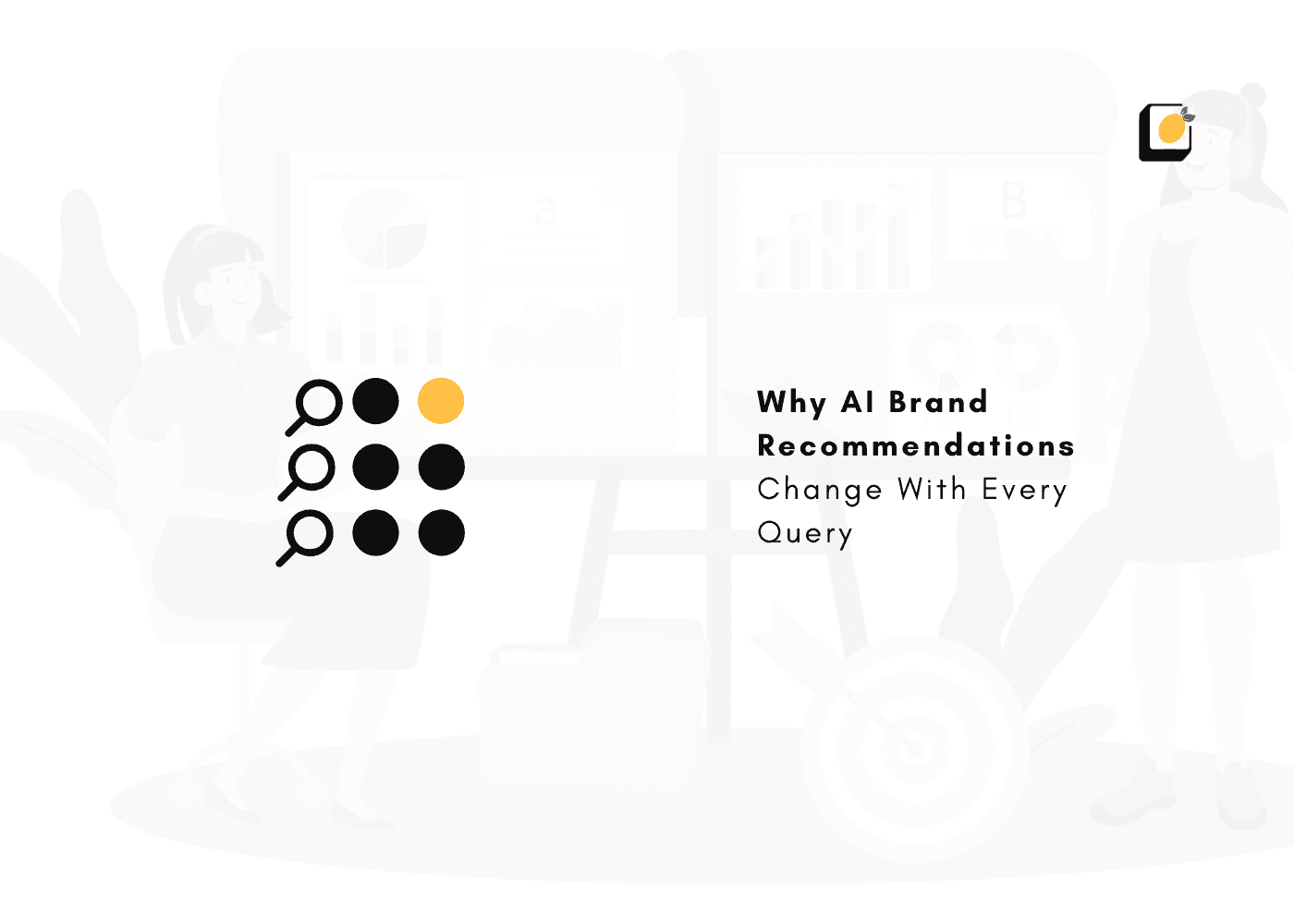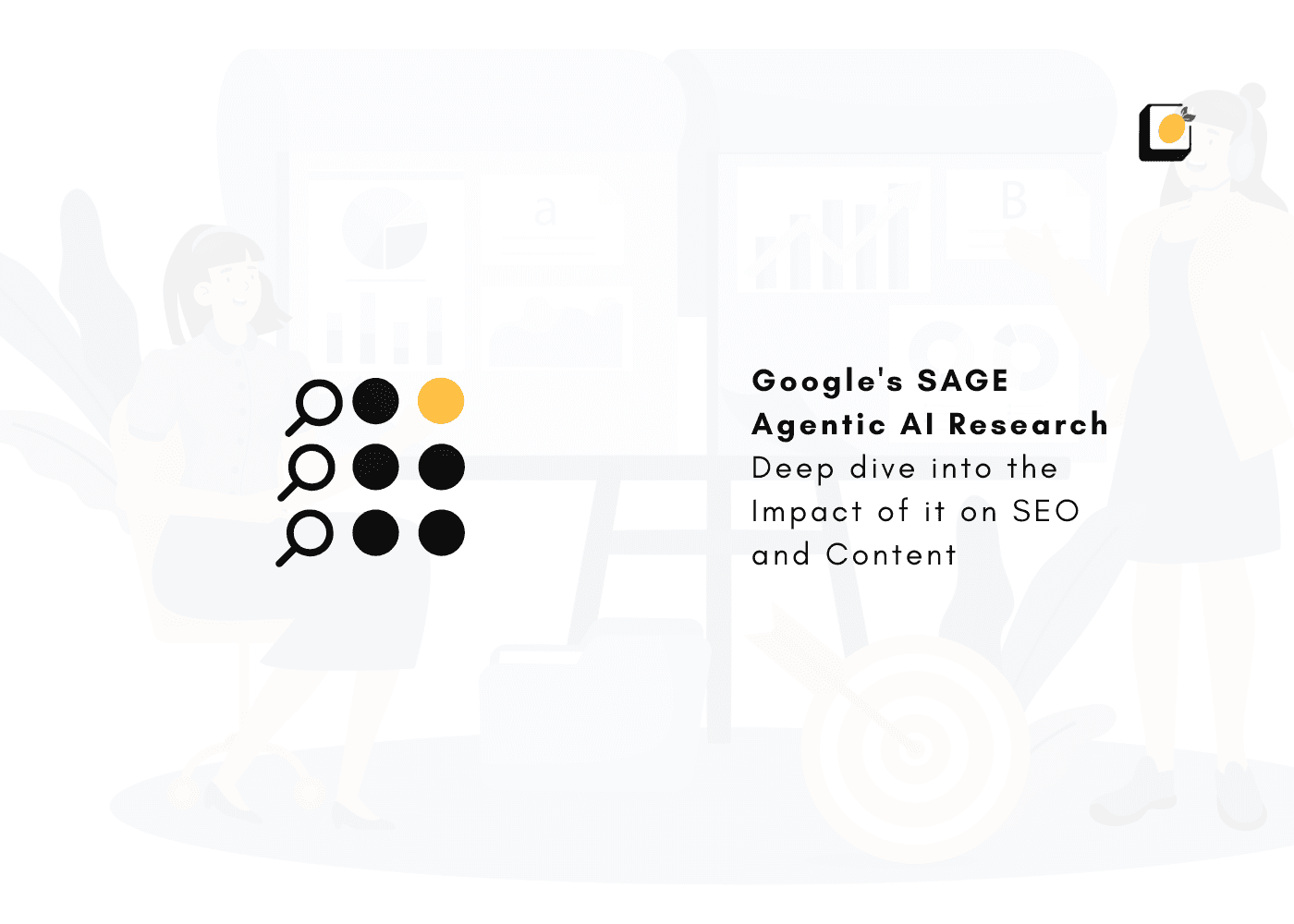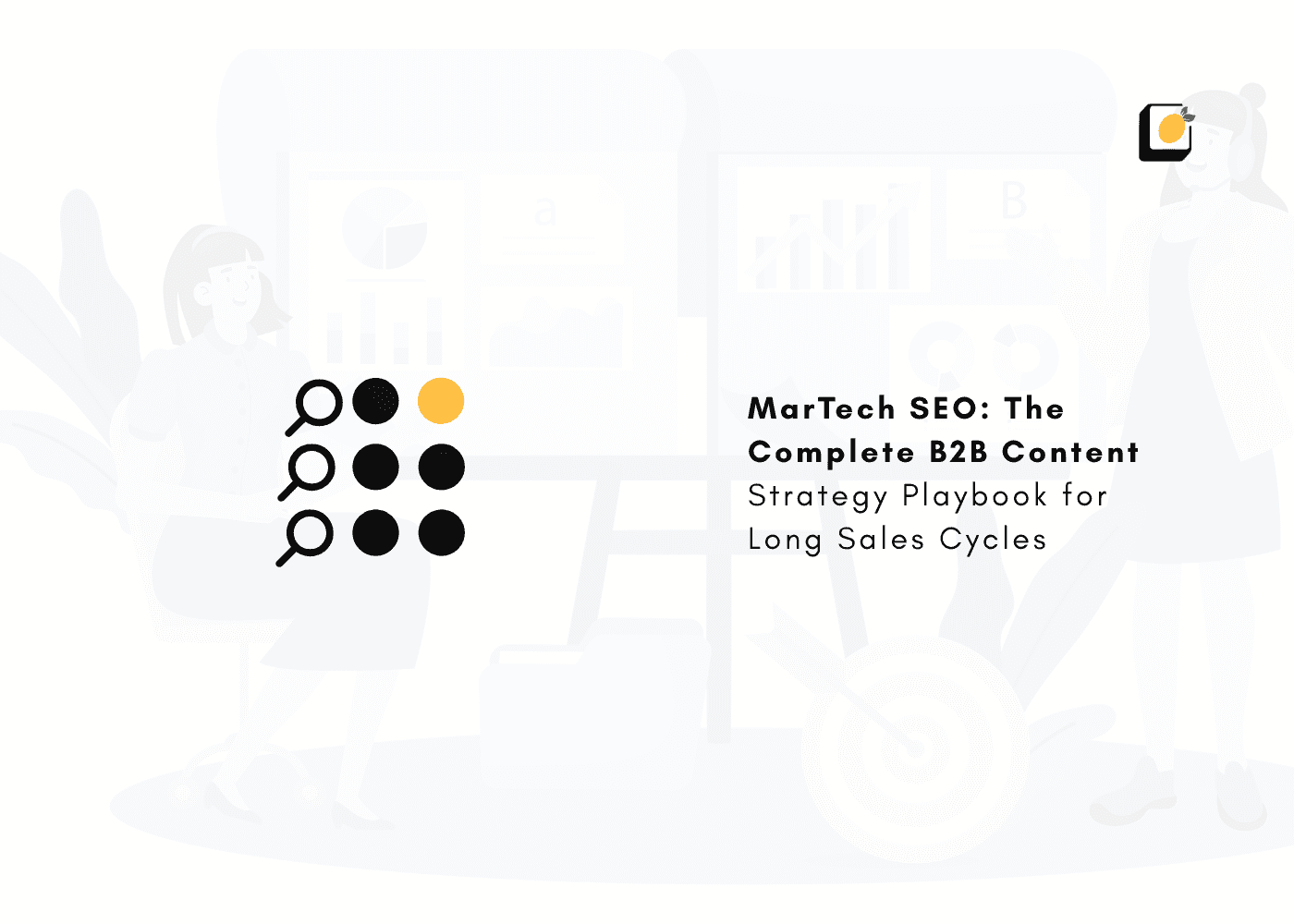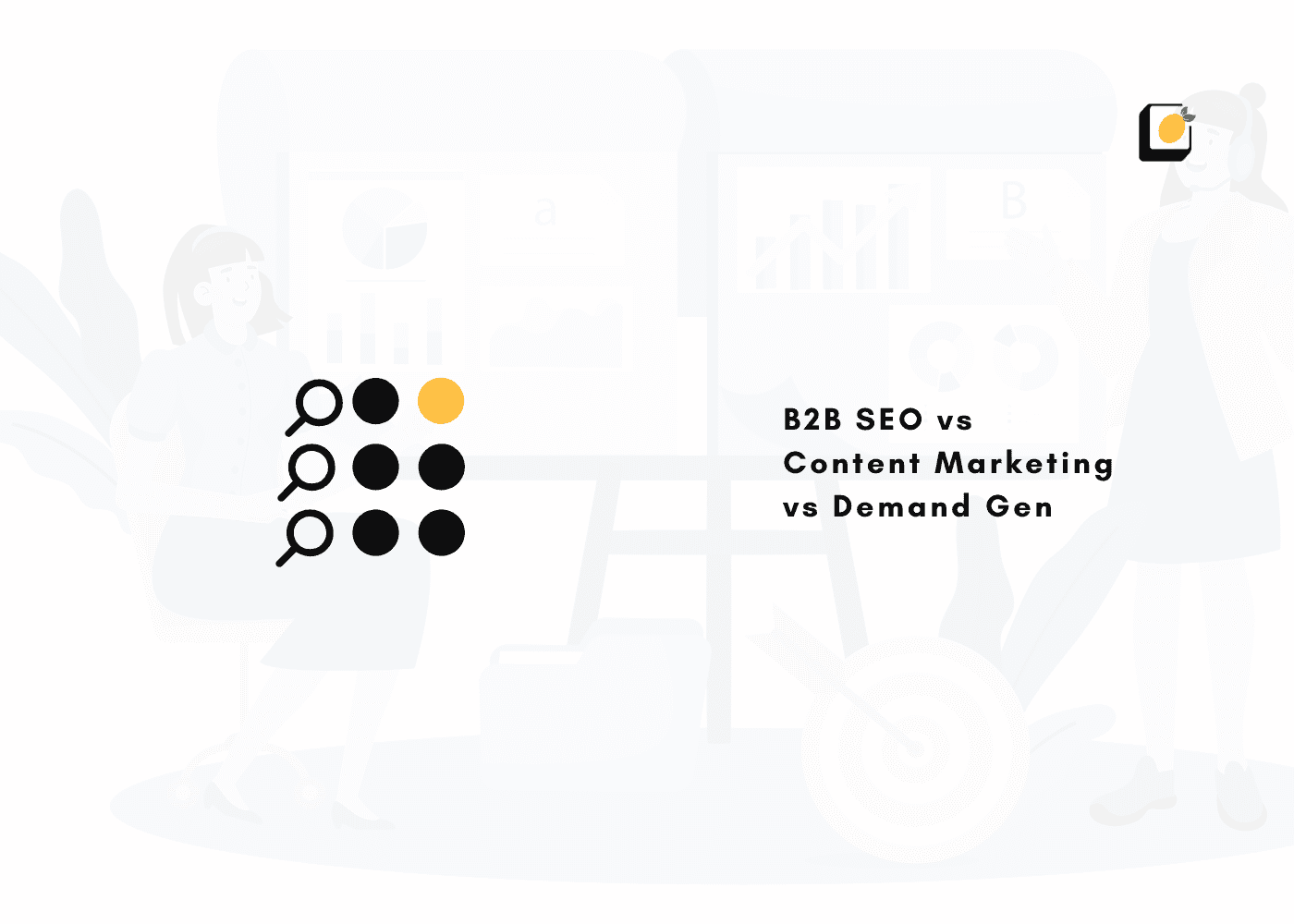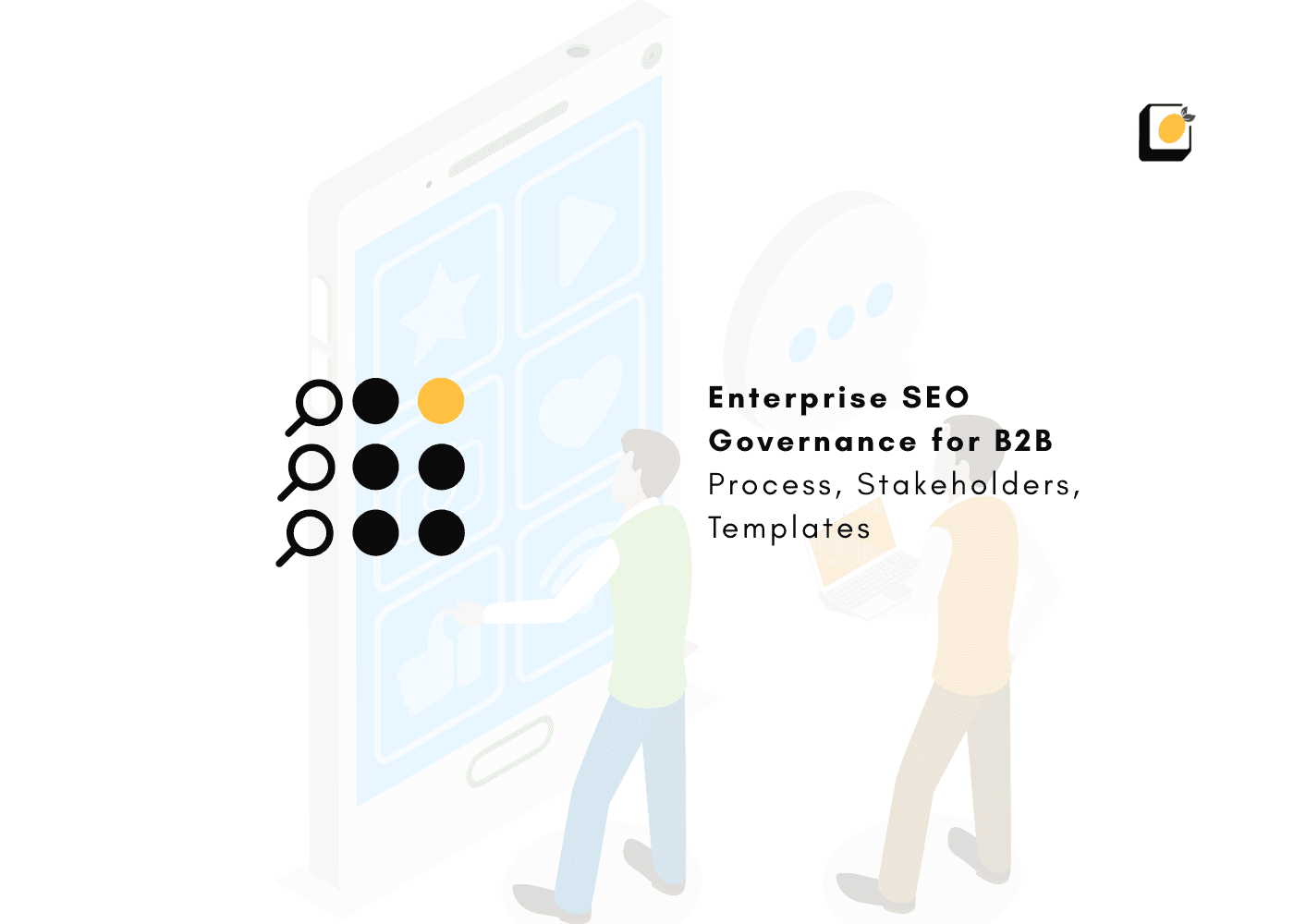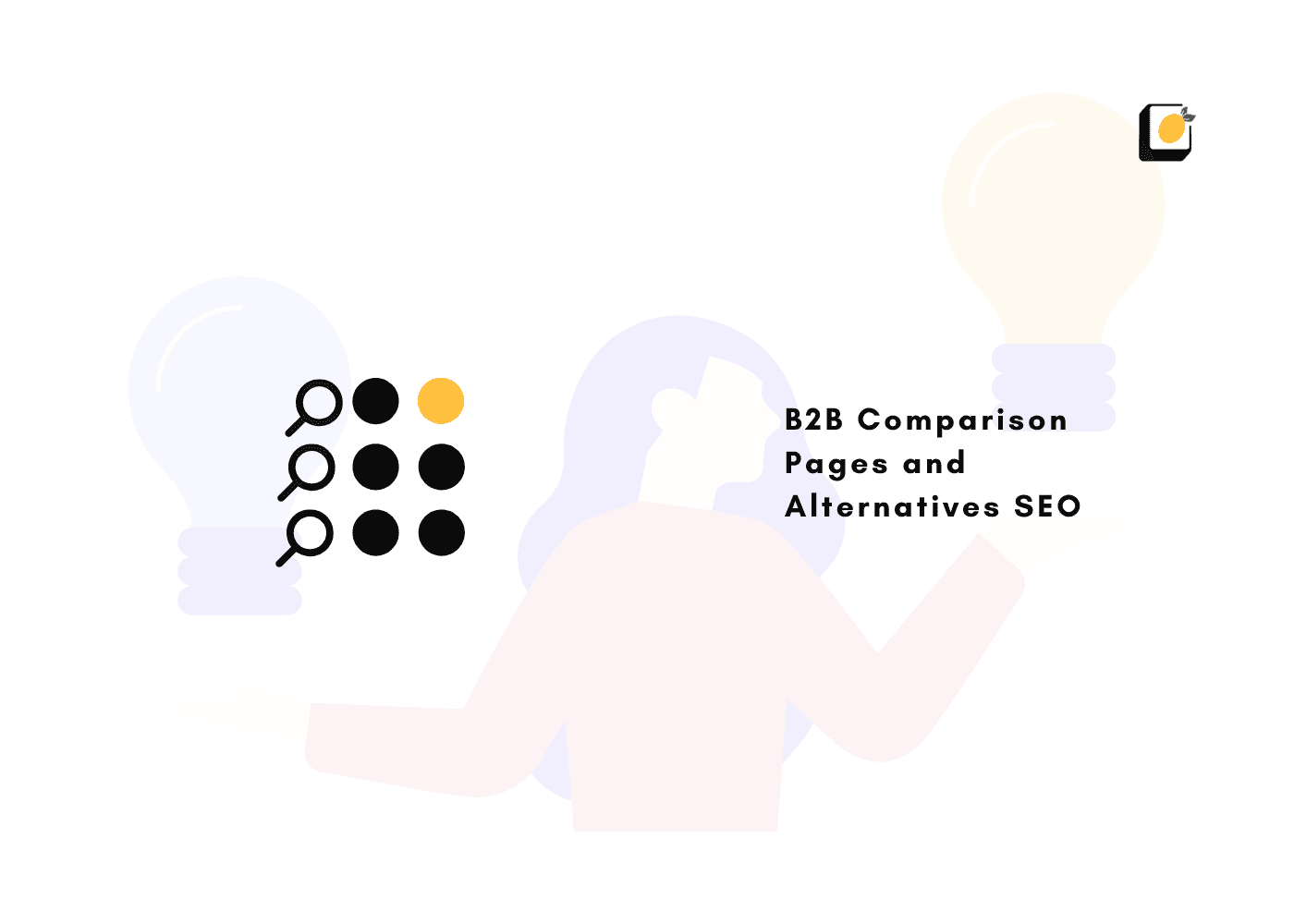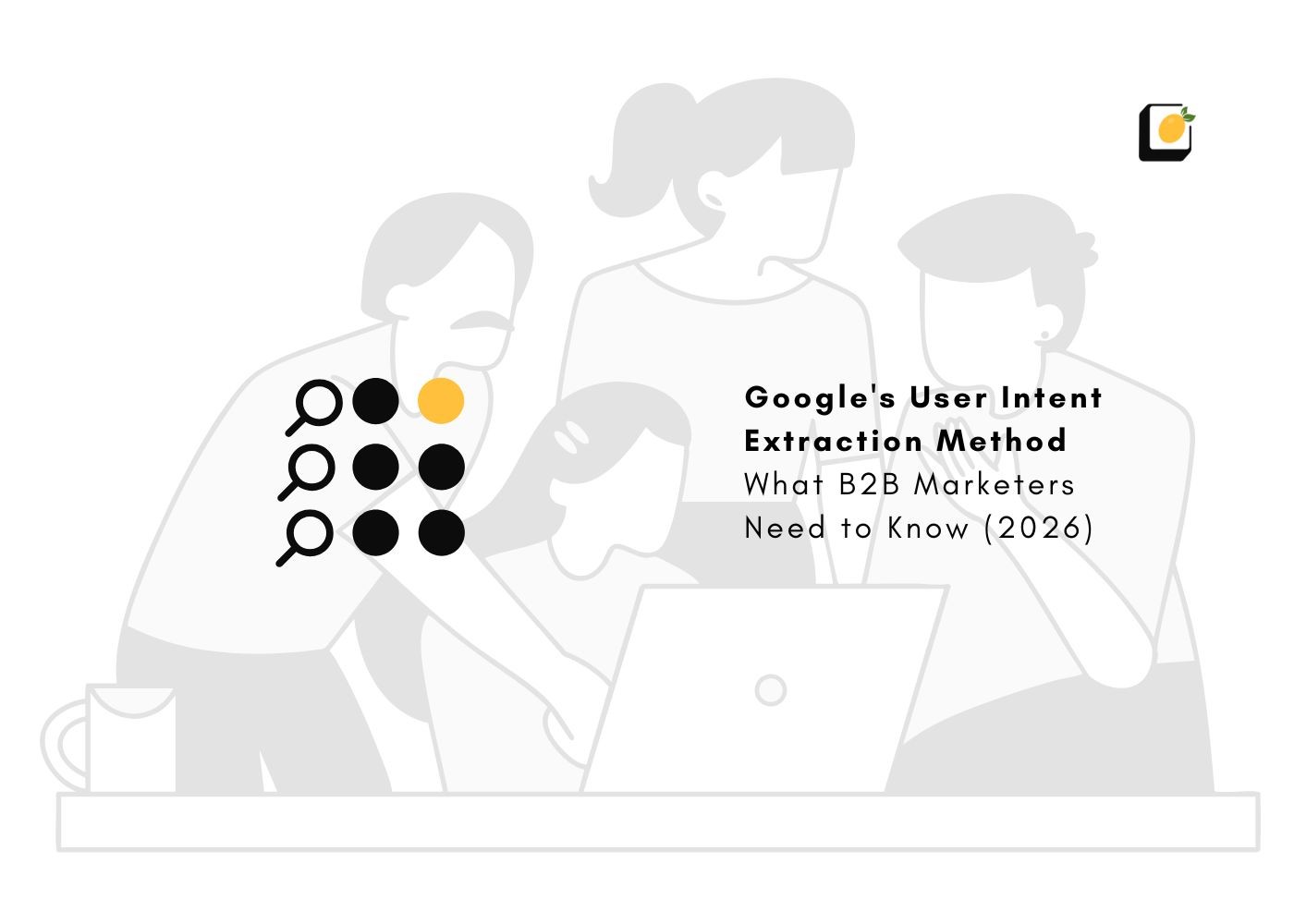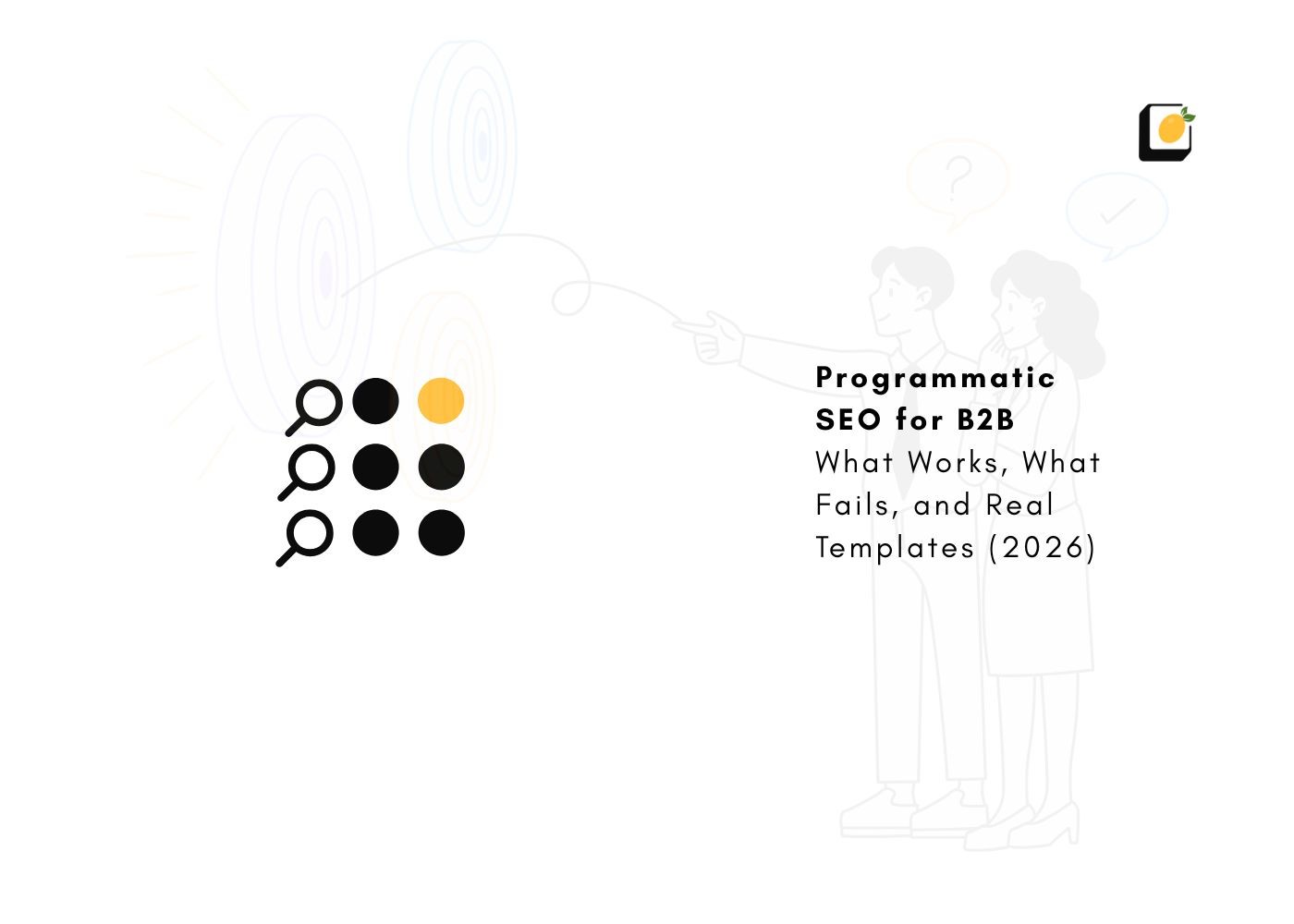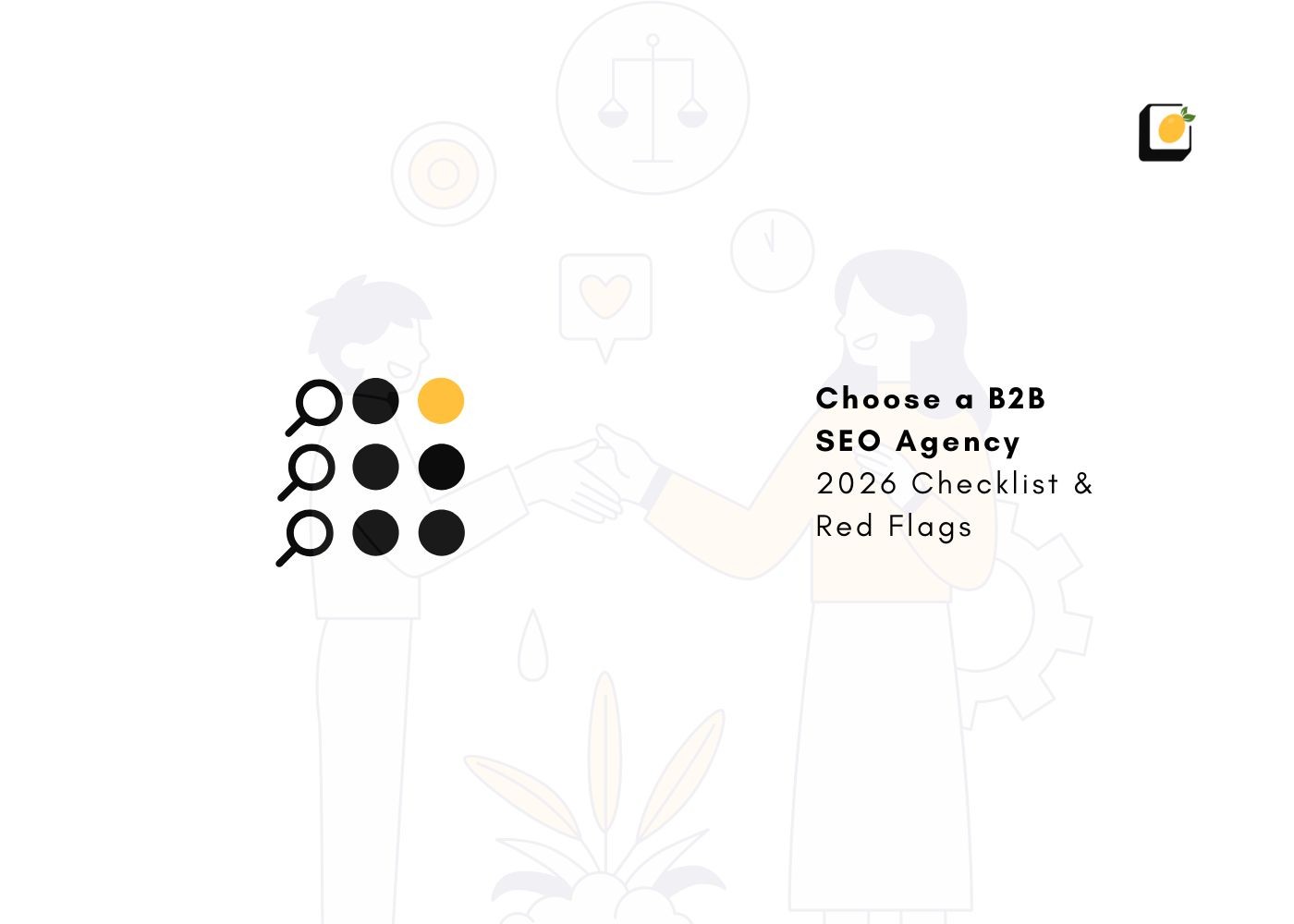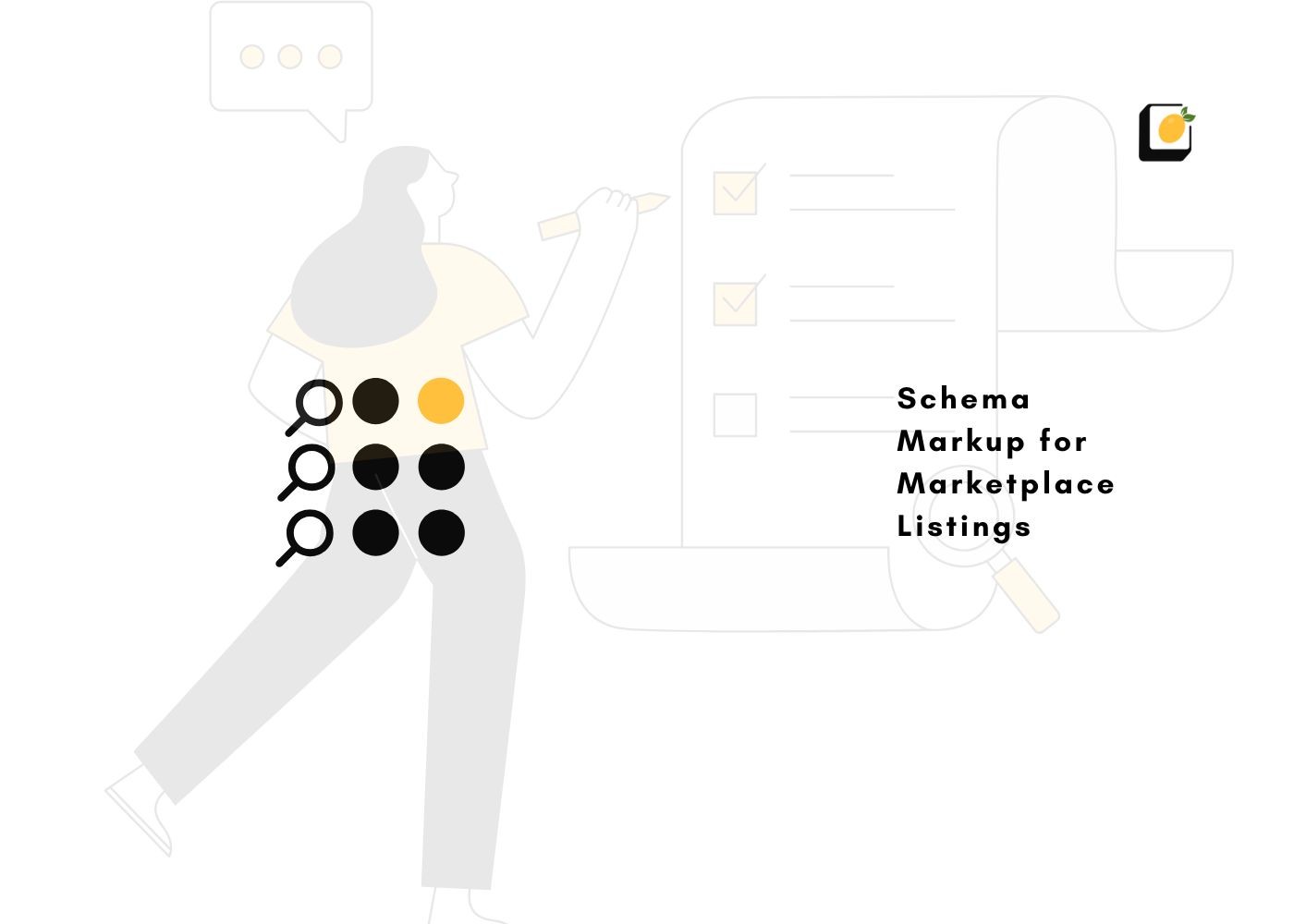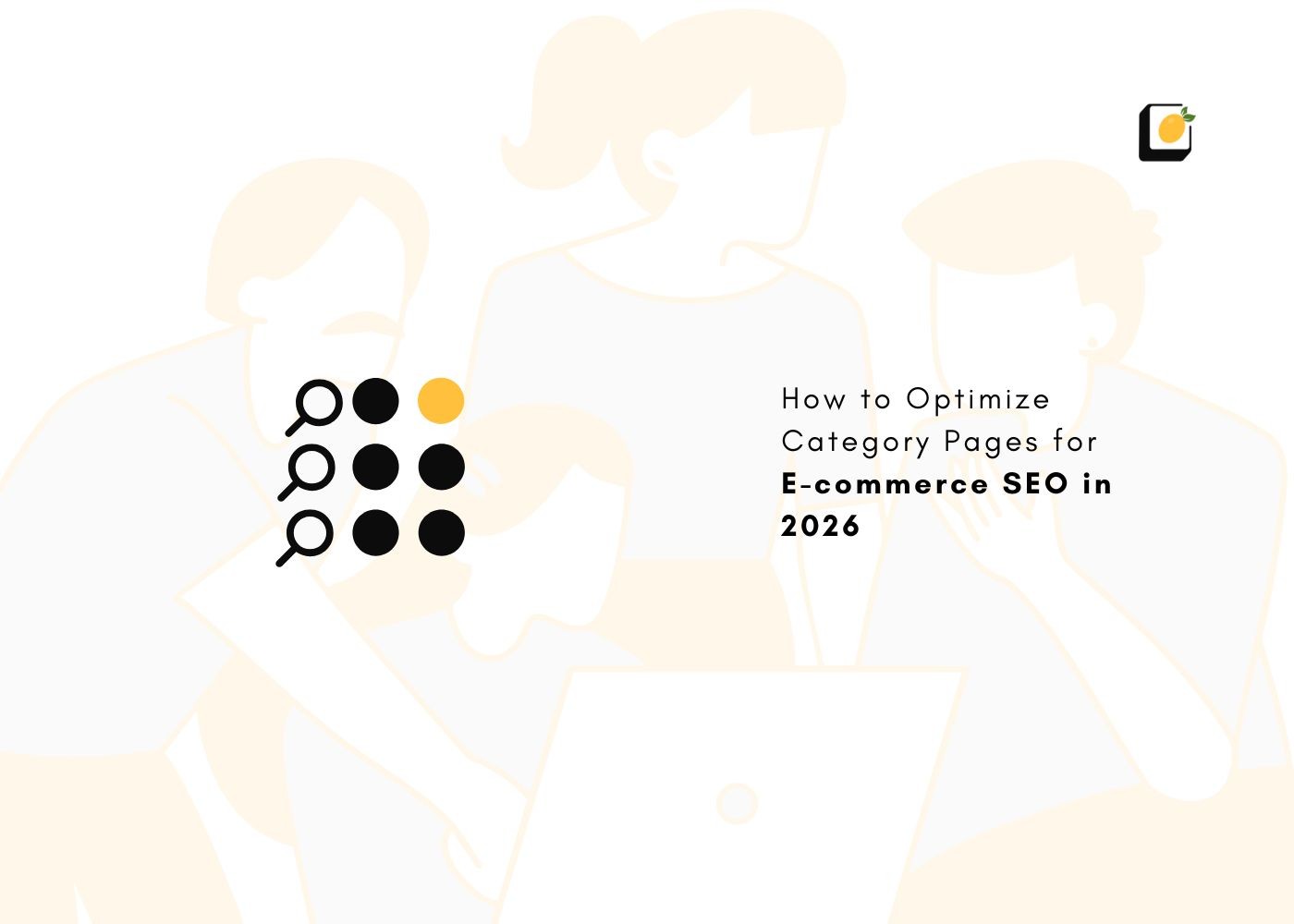How We Achieved 120% Organic Traffic Growth in 3 Months with AI-Native
July 18, 2025
Join 500+ brands growing with Passionfruit!
When we started working with a mid-sized e-commerce client, their organic traffic growth had stagnated for over a year. Traditional SEO marketing tactics weren't delivering results anymore. Three months later, we had increased their organic traffic by 120% using AI-driven SEO strategies that most marketers haven't even discovered yet. Here's exactly how we did it.
What Is Organic Traffic and Why Does It Matter?
Organic traffic refers to visitors who find your website through unpaid search results rather than advertisements. Unlike paid traffic that stops the moment you stop spending, organic website traffic compounds over time, providing sustainable business growth. For our client, every visitor from organic search traffic cost nothing to acquire but converted at 3x the rate of paid traffic visitors. To fully grasp what is organic search in Google Analytics, you need to understand how Google categorizes and tracks different traffic sources.
The problem? Getting organic traffic has become incredibly competitive. Google processes over 8.5 billion searches daily, and most businesses fight for the same keywords using outdated tactics. Our client had tried everything: blog posts, backlinks, technical SEO audits. Nothing moved the needle until we implemented AI SEO strategies that fundamentally changed their approach to search optimization. Understanding what is AI search and how it's reshaping SEO became crucial to our breakthrough.
The Role of AI SEO in Modern Search Optimization
AI SEO represents a fundamental shift in how we approach search optimization. While traditional SEO focuses on keywords and backlinks, artificial intelligence SEO analyzes user intent, content quality, and engagement patterns at a scale humans simply can't match. Our breakthrough came from understanding that SEO AI tools don't just automate tasks—they reveal optimization opportunities invisible to traditional analysis. The impact of AI on SEO goes beyond myth, offering real, measurable advantages.
SEO using AI allowed us to identify content gaps our competitors missed entirely. For instance, our AI for SEO analysis revealed that users searching for our client's products often asked questions about compatibility with other tools—questions none of their content addressed. By creating comprehensive guides answering these specific queries, we captured traffic that competitors didn't even know existed. The generative engine optimization guide provided the framework for our approach.
How AI SEO Tools Improve Website Traffic
The right AI SEO tools transformed our entire optimization process. Instead of guessing which content would perform, we used SEO AI tools to analyze millions of search queries and identify exactly what users wanted. Our toolkit included platforms that could predict content performance before publication, identify trending topics in real-time, and optimize existing content for maximum impact. We found that the best AI-powered SEO tools combine multiple capabilities in one platform.
One AI SEO tools platform we used analyzed our client's entire website and competitor landscape in minutes, identifying 147 specific optimization opportunities. Traditional analysis would have taken weeks and missed half these insights. The SEO optimization AI capabilities meant we could implement changes faster and with greater precision than ever before. For those wondering can AI really boost your SEO rankings, our results proved definitively that it can.
Key Differences Between AI SEO and Traditional SEO Strategies
Traditional SEO strategies rely heavily on manual keyword research, basic on-page optimization, and link building. While these remain important, AI-driven SEO takes optimization several levels deeper. Instead of targeting individual keywords, we optimized for topic clusters. Rather than writing content based on search volume alone, we created content that matched actual user intent. Understanding the 4 pillars of SEO helped us build a comprehensive foundation.
The best SEO strategies now combine human creativity with AI insights. Our team used AI to identify opportunities but crafted content that genuinely helped users solve problems. The balance between technology and human touch proved crucial for achieving rapid organic traffic growth. Mastering SEO in 2025 requires embracing both traditional fundamentals and AI-powered innovations.
Our Content Strategy for Organic Website Traffic Growth
Our content strategy began with a complete overhaul of how we approached content creation. Instead of churning out blog posts targeting high-volume keywords, we focused on creating comprehensive resources that answered every question users had about specific topics. The shift from quantity to quality immediately improved our organic search optimization results. We followed the best SEO content strategy with AI to maximize our impact.
We discovered that SEO content performing best wasn't necessarily the longest or most keyword-optimized. The winning formula involved understanding user intent at a granular level and providing exactly what searchers needed. Our content optimization process evolved from keyword stuffing to intent satisfaction. Understanding what E-A-T in SEO means helped us create content that search engines trust.
Keyword Research and Content Optimization Tactics
Traditional SEO keyword research tells you what people search for but not why they search. Our keywords for SEO strategy went deeper, analyzing the context behind searches. We identified not just primary keywords but entire conversation threads users followed when researching our client's products. The ultimate guide to keyword research showed us how to adapt for AI-driven search.
For example, instead of targeting "project management software," we discovered users actually searched for "project management software that integrates with Slack for remote teams under 50 people." These longer, more specific queries had less competition but higher conversion rates. Our content optimization focused on answering these detailed questions comprehensively. Understanding what keywords should I use helped us make strategic choices.
Using AI for SEO Content Creation
AI for SEO content creation doesn't mean letting robots write your articles. We used AI to identify topics, analyze competitor content, and suggest optimizations, but human writers crafted every piece. The SEO AI tools helped us understand what content elements correlated with high rankings: specific word counts, heading structures, semantic keywords, and content depth. How to write an SEO optimized article with Claude 4 demonstrates practical implementation.
Our SEO content creation process became incredibly efficient. What previously took days of research now happened in hours. Writers received detailed briefs generated by AI analysis, showing exactly what topics to cover, questions to answer, and competitors to outperform. This approach to organic search optimization delivered consistent results across hundreds of pieces of content. The rise of editorial thinking in the post-writing era shaped our content philosophy.
Technical SEO Enhancements That Boosted Organic Search Traffic
While content drove most of our growth, technical SEO improvements accelerated results significantly. Our audit revealed numerous issues hampering organic search traffic: slow page speeds, poor mobile optimization, and missing schema markup. Fixing these issues improved our content's ability to rank and convert visitors. The future of technical SEO trends guided our optimization priorities.
We implemented structured data markup across all product pages, helping search engines better understand our content. Page speed improvements reduced bounce rates by 34%, sending positive signals to search algorithms. These technical SEO enhancements might seem basic, but they provided the foundation that allowed our content strategy to succeed. When pages started showing 5xx server errors, we had protocols in place for quick resolution.
Step-by-Step SEO Guide: Increasing Organic Website Traffic
Our SEO guide for achieving similar results starts with comprehensive analysis. Before creating any content or making technical changes, understand your current position. Use organic SEO analysis tools to identify your top-performing pages, biggest competitors, and most valuable optimization opportunities. Top SEO tips for beginners can provide a solid starting point.
Next, align your SEO and marketing efforts around clear business goals. We focused on increasing qualified traffic that would actually convert, not just vanity metrics. Every piece of content we created had a specific purpose in the customer journey, from awareness to conversion. Understanding organic traffic vs organic conversions helped us focus on what truly matters.
Actionable SEO Tips for Sustainable Organic Traffic
Our most effective SEO tips came from focusing on user experience over search engines. Create content that genuinely helps users solve problems. Structure your content with clear headings, bullet points, and visual elements that make information easy to digest. Use internal linking to guide users through related content naturally. These 15 SEO benefits you need to know extend beyond just traffic increases.
Increase organic traffic by updating existing content regularly. We found that refreshing old posts with new information, better structure, and current examples often delivered faster results than creating entirely new content. These SEO tips might seem simple, but consistent implementation drives compound growth over time. Following how to increase organic traffic in 2025 provides a comprehensive roadmap.
Measuring Results: Tracking Organic Search Optimization Success
Tracking organic search optimization success requires looking beyond basic traffic numbers. We monitored conversion rates, engagement metrics, and revenue attribution for all organic website traffic. The comprehensive approach revealed which optimization efforts actually impacted business results versus just increasing vanity metrics. Understanding what is a SERP and its features helped us track visibility improvements.
Our dashboard tracked keyword rankings, but more importantly, it showed which keywords drove valuable actions. We discovered that ranking #1 for certain high-volume keywords brought lots of traffic but few conversions, while lower-volume, specific queries delivered highly qualified leads. The insight reshaped our entire SEO strategies approach moving forward. If you're wondering why your site is losing organic traffic, similar analysis can reveal hidden issues.
Can AI Really Increase Organic Traffic?
Absolutely. AI-driven SEO doesn't replace human expertise—it amplifies it. Our 120% traffic increase came from AI revealing opportunities we would have missed otherwise. The key is using AI as a tool for insight and efficiency while maintaining human oversight for quality and strategy. Companies that want to increase organic traffic significantly need to embrace AI tools while keeping user value at the center of their strategy. Unlocking AI for SEO shows the full potential of this approach.
What Are the Best SEO AI Tools for 2024?
The best SEO AI tools combine multiple capabilities: content optimization, keyword research, competitive analysis, and performance prediction. SEO AI tools like Surfer SEO, MarketMuse, and Clearscope helped us optimize content before publication. Platforms like Semrush and Ahrefs now include AI features that identify opportunities traditional analysis misses. The key is choosing AI SEO tools that integrate with your existing workflow rather than requiring complete process overhauls. Top 10 AI SEO tools to skyrocket your rankings provides detailed comparisons.
How Does AI Impact Content Optimization?
AI transforms content optimization from guesswork to data-driven science. Instead of hoping content will rank, AI analyzes thousands of ranking factors to predict performance. Our content optimization process now includes AI-driven topic modeling, semantic keyword analysis, and readability scoring that ensures every piece meets both search engine and user requirements. Understanding how AI is transforming content creation for SEO reveals the depth of this transformation.
Key Takeaways for SEO and Marketing Success
Our journey to 120% organic traffic growth taught us several crucial lessons about modern SEO and marketing. First, AI tools are force multipliers, not magic bullets. Success still requires strategic thinking and quality execution. Second, user intent matters more than keyword density. Creating genuinely helpful content that serves user needs will always outperform content created solely for search engines. The shift in how search works fundamentally changes optimization approaches.
The combination of AI SEO insights and human creativity creates unstoppable momentum. While competitors fought over saturated keywords, we identified and dominated underserved niches. Our website traffic didn't just increase—it became more valuable, with better engagement and higher conversion rates. Understanding why SEO is so expensive helps justify the investment in comprehensive strategies.
Most importantly, sustainable organic traffic growth requires consistent effort and continuous optimization. The strategies that worked three months ago might need adjustment today. Stay curious, test constantly, and always prioritize user value over algorithm manipulation. The most insane SEO trends for 2025 show how quickly the landscape evolves.
FAQ
How quickly can small businesses see results from AI SEO strategies? Small businesses often see initial improvements within 4-6 weeks when implementing focused AI SEO strategies. Significant traffic increases typically develop over 3-4 months with consistent optimization efforts.
What's the minimum budget needed for AI SEO tools? Basic AI SEO tools start around $99/month, but comprehensive platforms range from $300-500/month. Many offer free trials to test effectiveness before committing to paid plans.
Can AI-generated content hurt SEO rankings? Pure AI-generated content without human editing can harm rankings if it lacks originality or accuracy. Always review and enhance AI-generated content to ensure it provides genuine value to readers.
How do you measure ROI from organic traffic improvements? Track conversion rates, customer lifetime value, and revenue attribution for organic traffic. Compare customer acquisition costs between organic and paid channels to demonstrate ROI clearly.
Should businesses abandon traditional SEO for AI SEO completely? No. Successful strategies combine traditional SEO fundamentals with AI-powered insights. Basic elements like site structure, page speed, and quality content remain essential regardless of AI adoption.
Ready to achieve similar organic traffic growth for your business? Passionfruit combines cutting-edge AI SEO technology with proven SEO strategies to deliver measurable results. Our comprehensive approach ensures sustainable website traffic increases that actually impact your bottom line. Whether you're struggling with stagnant growth or preparing for future competition, our team has the expertise to transform your search optimization results. We go beyond what typical SEO agencies offer by integrating advanced AI capabilities with human expertise.
Key Takeaways
AI SEO Reveals Hidden Opportunities
Traditional SEO missed 147 optimization opportunities that AI tools identified in minutes
AI analysis uncovered user questions about product compatibility that no competitors were addressing
The 120% traffic growth came from targeting gaps invisible to manual analysis
Content Intent Beats Keyword Volume
High-volume keywords brought traffic but low conversions
Specific, conversational queries converted 3x better than generic keywords
AI rewards comprehensive answers to complete questions, not keyword-stuffed content
Technical Foundation Accelerates Results
Page speed improvements reduced bounce rates by 34%
Schema markup implementation was crucial for AI understanding
Mobile optimization and HTTPS security directly impact AI recommendations
Quality Over Quantity in Content Strategy
Switching from frequent blog posts to comprehensive resources drove immediate improvements
AI systems prioritize educational content over promotional material
Detailed guides outperformed multiple surface-level articles
Measurement Must Focus on Business Impact
Track conversions, calls, and revenue—not just traffic and rankings
AI search often brings higher-quality leads with better purchase intent
Some #1 rankings delivered minimal business value
AI Tools Amplify Human Expertise
AI doesn't replace human creativity—it reveals what to create
Automated analysis saved weeks of manual research time
Success requires balancing AI insights with genuine user value
Actionable Checklist
Immediate Actions (Week 1)
Audit your top 20 pages using AI SEO tools to identify optimization gaps
Search for your main products/services in ChatGPT and Perplexity
Document questions competitors aren't answering
Run page speed tests on your top 10 pages
Check mobile responsiveness across all key pages
Content Audit and Planning (Week 2)
Identify content addressing "why" and "how" questions, not just "what"
List 20 conversational queries your customers actually ask
Map existing content to customer journey stages
Find your top-converting keywords (not just high-traffic ones)
Create content briefs for comprehensive guides on core topics
Technical Optimization (Month 1)
Implement schema markup for:
Products/Services
FAQ sections
Reviews
Business information
Optimize page load times to under 3 seconds
Fix all broken internal links
Ensure HTTPS across entire site
Set up proper 301 redirects for changed URLs
AI Tool Implementation
Choose and set up one comprehensive AI SEO platform
Install conversion tracking for all customer actions
Set up automated content performance monitoring
Create templates for AI-assisted content briefs
Configure competitor tracking for content gaps
Content Creation Process
Develop 5 comprehensive guides (2,000+ words) on core topics
Update your top 10 performing articles with current information
Create topic clusters with pillar and supporting content
Write content answering specific user questions completely
Add detailed examples and case studies to existing content
Ongoing Optimization (Monthly)
Review AI tool insights for new opportunities
Update content based on performance data
Monitor which keywords drive actual conversions
Test new content formats and structures
Analyze competitor content improvements
Performance Tracking Setup
Create dashboards tracking:
Conversion rates by traffic source
Customer lifetime value by channel
Cost per acquisition trends
Engagement metrics by content type
Set up alerts for significant traffic changes
Schedule monthly performance reviews
Document which optimizations drive results
Long-term Strategy (3-6 months)
Build comprehensive resource libraries on key topics
Develop content for emerging AI platforms
Create interconnected content networks
Establish thought leadership in specific niches
Test voice search optimization strategies
Expand successful content formats
Build relationships with other authoritative sites
Team and Process
Train team on AI tool usage
Create SOPs for content optimization
Establish quality control checkpoints
Set realistic content production schedules
Define clear success metrics
Schedule regular strategy reviews


